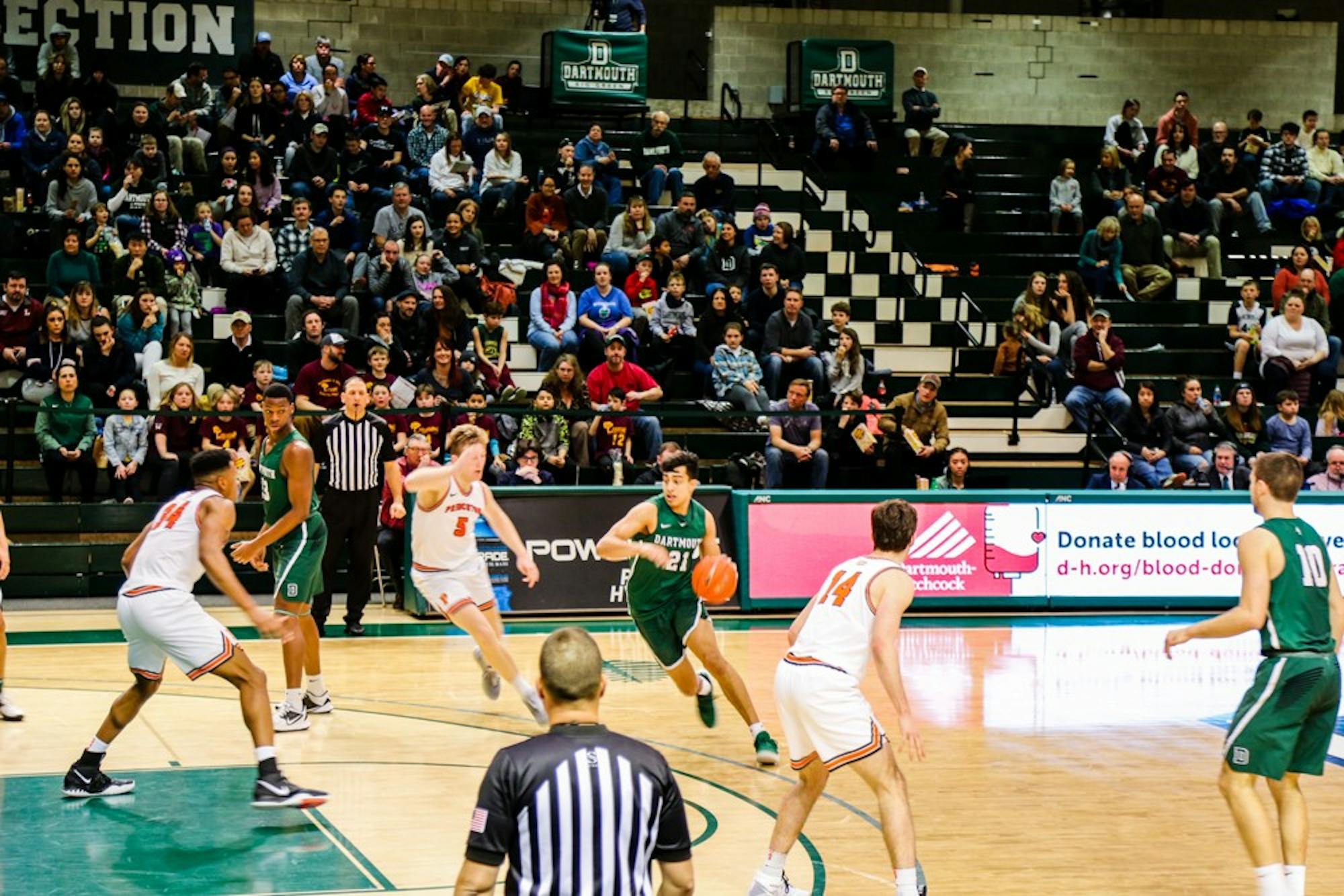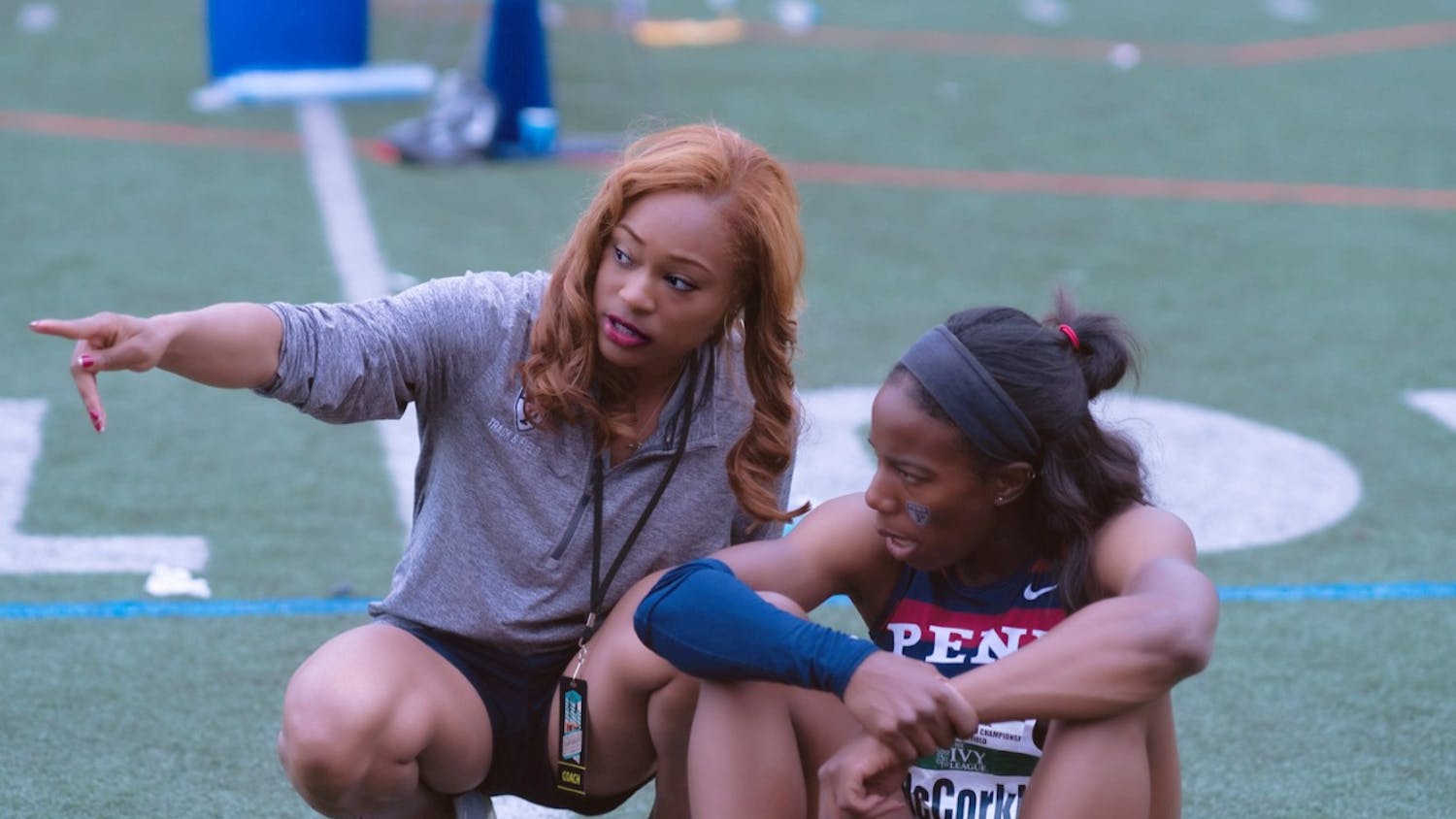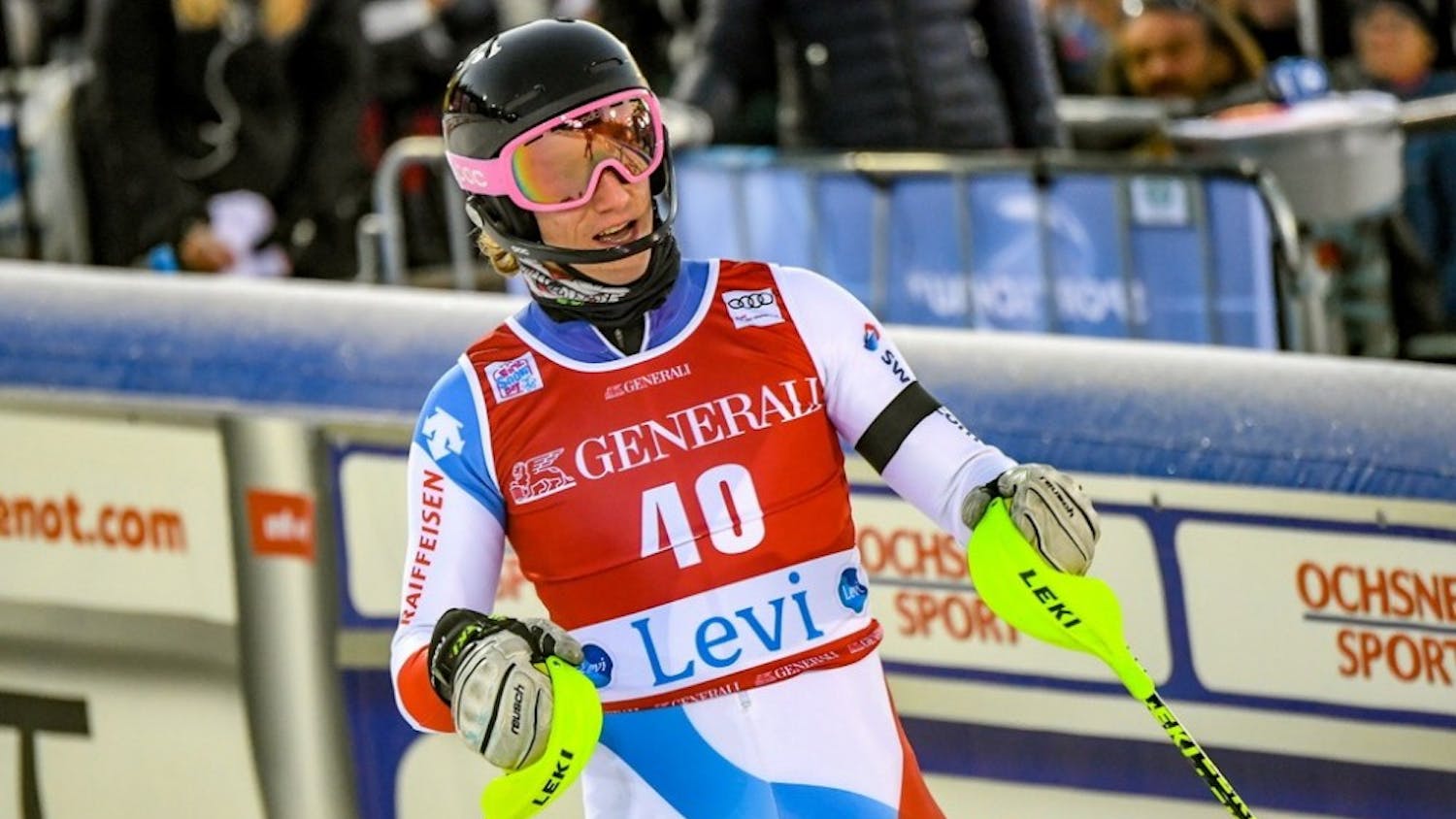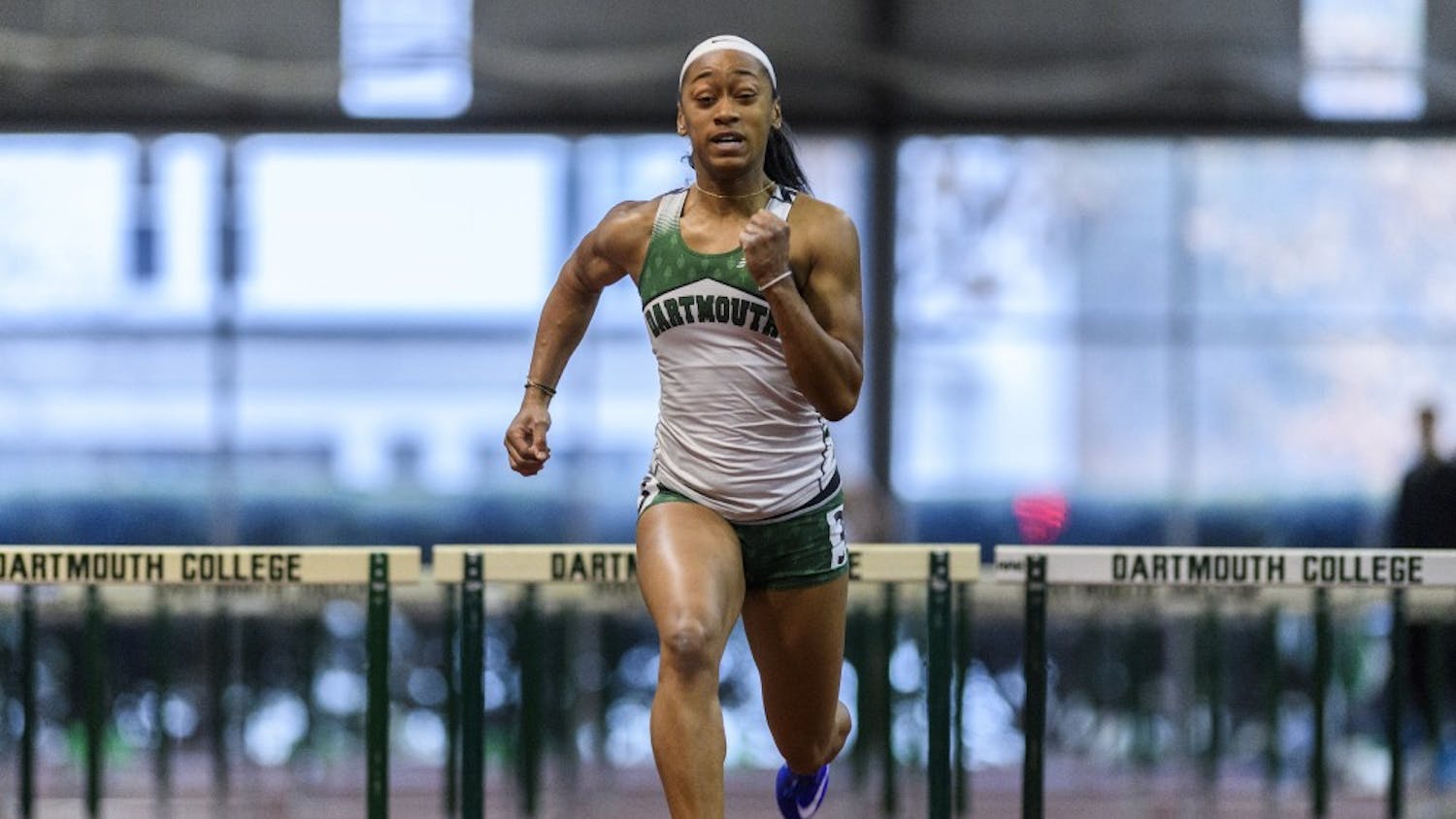On Thursday, the Ivy League announced the cancellation of all winter athletic competition. For the sports affected — basketball, ice hockey, indoor track and field, skiing and squash — there is currently no timeline for resuming competition prior to the 2022 season.
Athletes and coaches said that while the decision was not a surprise, it was still difficult to receive the news. Men’s basketball head coach David McLaughlin said that he felt hurt by the decision at first, but then conferred with the team to ensure they had a plan for the future.
“When it initially happened, it was a bit of a gut punch,” McLaughlin said. “But I think we as a team and as a program had some discussions trending towards the season not happening, getting our minds right for that and how we were going to attack it.”
Women’s basketball player Katie Douglas ’22 had a similar initial reaction to the announcement.
“I think as a student-athlete, you're a little disappointed when you first hear it,” Douglas said. “But I think as a whole team, we respect the decision that's made by the league, and we know that it's for our health and safety.”
Prior to the official decision, coaches had been preparing their players throughout fall term for a possible cancellation. Director of track and field and cross country Porscha Dobson said the possibility of not having a winter season was something the track and field team had discussed well before the announcement went public.
“As a coach, to oversee through different seasons — fall, winter, spring — you have to have your plan A, B and C,” Dobson said. “You communicate to the team prior to any concrete announcements, so I would not necessarily say that everyone was surprised — it was more just disappointment.”
McLaughlin and his team are concentrating on establishing positive routines over winter break so they can continue to make forward progress as a team.
“It’s kind of hard to talk about [winter] now because that changes so rapidly, but … we can control how we’re going to have great habits during [the winter interim],” McLaughlin said.
Dobson said the track and field program hopes to have similar protocols this winter as it had in the fall, but they are aware that a lot can change before then.
“The winter term is going to be very similar to the fall term,” Dobson said. “We will be able to practice in small cohorts with the approved student-athletes, so no groups larger than 10. But again, this is all based [on] the directors of the College, as well as the athletics department moving forward, so we don't know what it's going to look like when we return from winter break.”
Since the Ancient Eight have already rejected the possibility of a spring make-up season, winter sports will have to wait until at least next fall to resume competition. However, the Ivy League announced that winter sport student-athletes will not lose a year of eligibility, meaning they will be allowed to stay at Dartmouth as undergraduates for a fifth year and still play with the Big Green.
McLaughlin said he will consider the additional eligibility for each player on a case-by-case basis, contemplating individual academic and athletic goals to decide with each athlete whether it would be prudent for them to use their fifth year of undergraduate eligibility.
With uncertainty ahead, teams are trying to keep a positive attitude and stay prepared for the resumption of competition, whenever that may be.
“We remain hopeful,” Dobson said. “I tell [the players] to continue to think about the good and to be sure that we're still doing what we can behind the scenes, so that when the opportunity presents itself, we'll be ready to roll.”
Men’s basketball player Wes Slajchert ’22 said that he believes this winter will still be an opportunity for himself and his team to progress.
“There's still opportunity for us to get better,” Slajchert said. “And we're a program that likes to think that with this time and with this kind of distraction … this is an opportunity for us to maybe get above the competition.”
McLaughlin said he is focused on helping each individual on the team, including himself, improve during this extended break so that the team is ready to play when competition resumes.
“If we all [get better individually], then collectively we’re getting better as well,” McLaughlin said. “I think the biggest thing is coming out on the other side of this better, more together, more cohesive, just ready to hit the ground running whenever things begin to clear up.”




